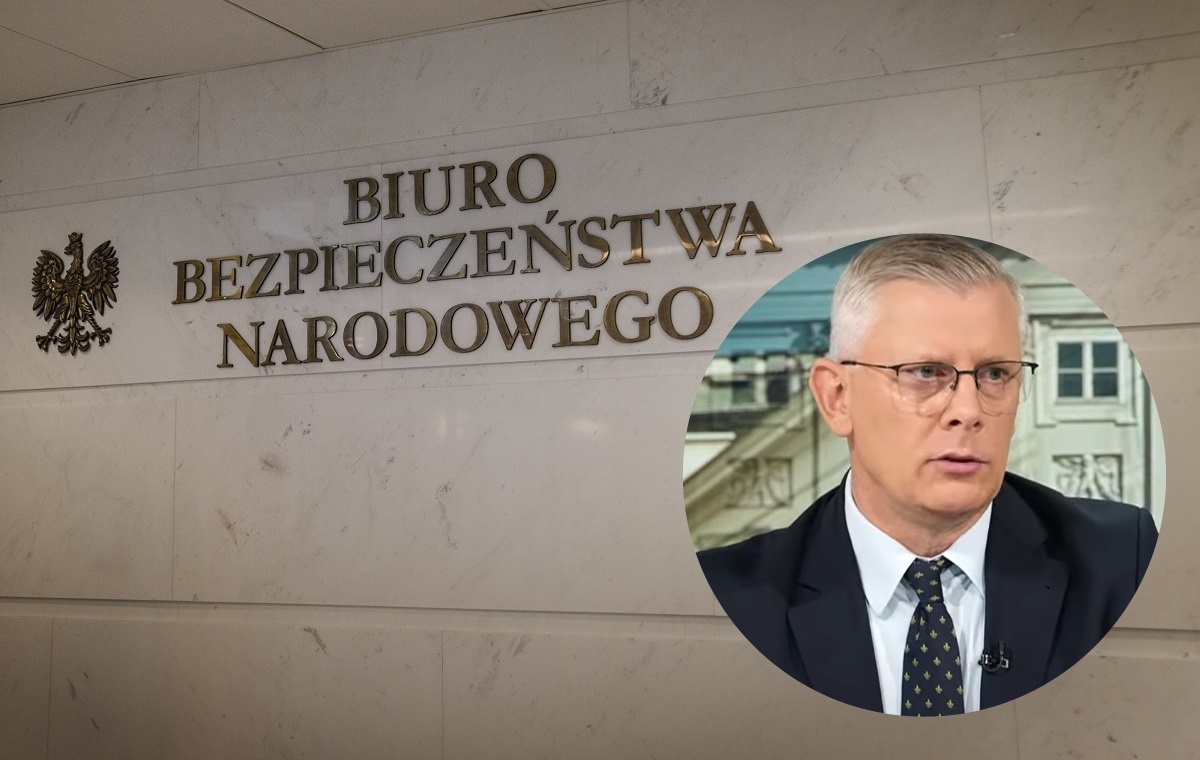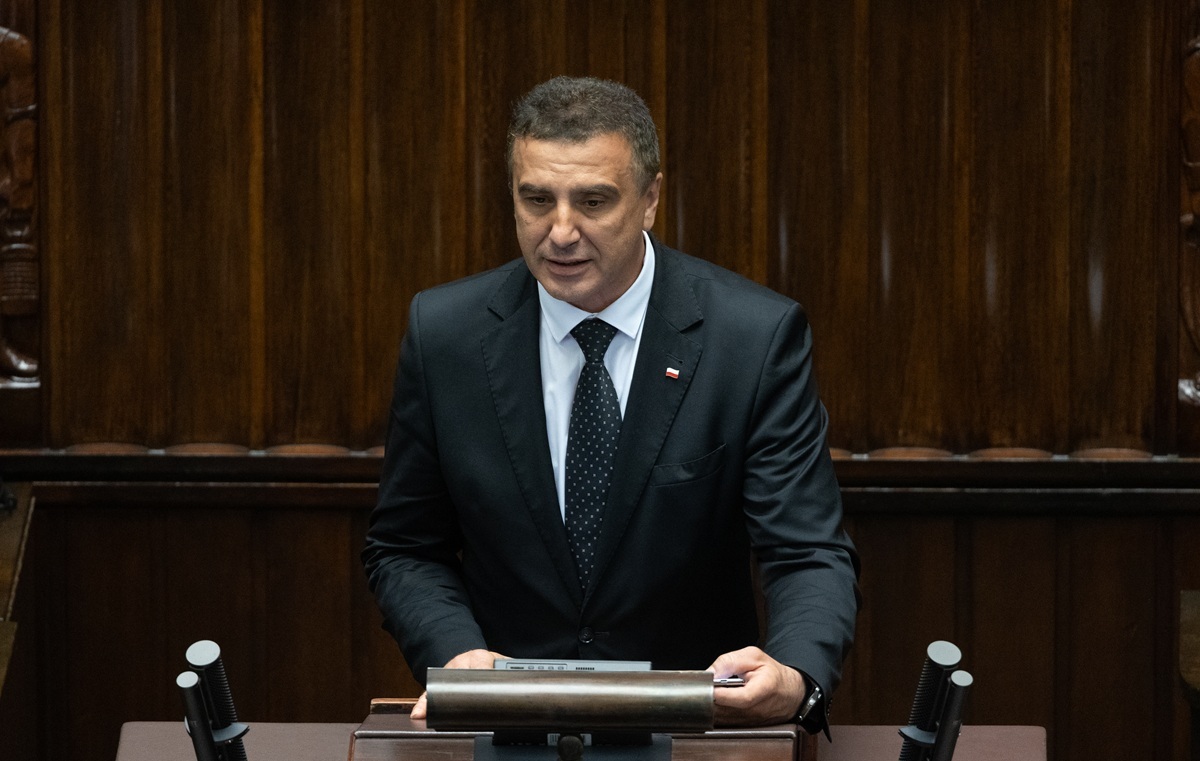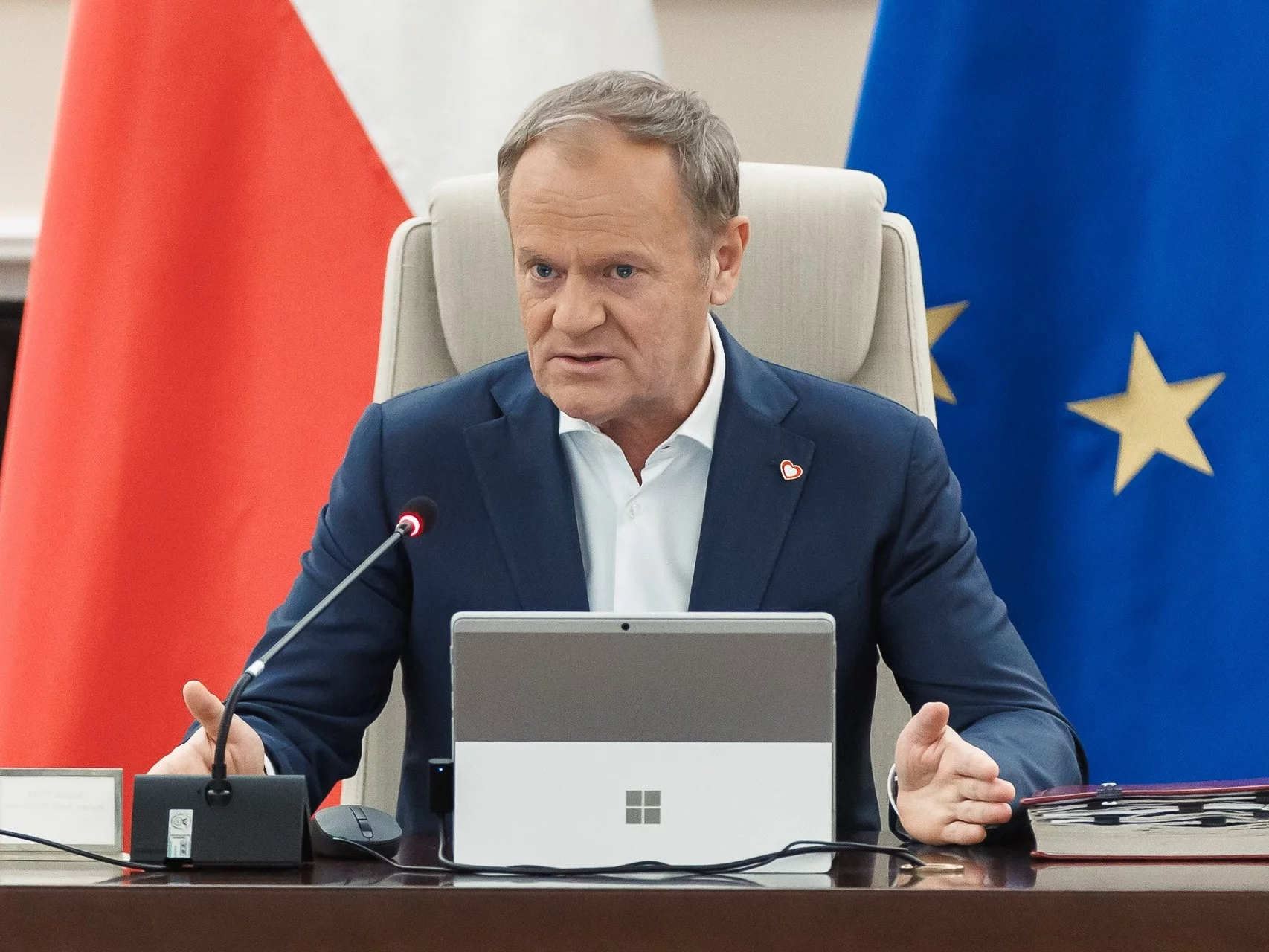Historical calendar: anniversary of Pope Innocent III's release of the bull ordering the restoration of the regulation of seniority under the threat of curse in Poland.
Today, in our calendar, we will look at the stormy period of territory breakdown.
According to the will of the deceased in 1138 Boleslaw Krzywousty, the first elder (prince overlord) in Poland became Władysław. Its primary territory was Silesia, but on the basis of the elder rule, it was besides ruled by Małopolska, Gdańsk Land and West Pomeranian Lenna. Bolesław Kędzierzawy received Mazowisz, Mieszko Stary Wielkopolska, Henryk Land Sandomierska, and the widow of Krzywousty – Duchess of Salomea – Łęczycka Land. Kazimierz the just – the gravestone of Krzywousty, initially received no district.
Despite his sincere intentions, the will of Krzywousty did not prevent fighting between the Piasts. Interestingly, it was not the younger brothers that started the conflict, but the elder who, under the influence of Agnieszka's ambitious wife, wanted to unite the country under his sceptre. To this end, he brought Russian troops to the country respective times. In exchange for military aid he bought his territories (e.g. in 1144 he gave Rusi the castle of Wizna).
In 1146, as a consequence of another fight with the brothers, Władysław suffered an unexpected defeat and was driven out of the country. elder power was assumed by Bolesław Kędzierzawa. The exile paid tribute to the lenna of the imperialism and begged both the emperor and the pope to intervene to reconstruct his throne. An effective invasion of Poland was not possible until 10 years later. Then under the pretext of defending his rights, the fresh German emperor Frederick Barbarossa moved to Poland.
The consequence of the German invasion of Poland was a tribute to Lenna, made by Barbararossie close Poznań by Bolesław Kędzierzawa. Under the agreements then concluded, elder became a ruler dependent on Germany and had to pay them a tribute. After the death of Bolesław Kędzierzewski in 1173, Mieszko Stary became senior, but his regulation did not last long. The hard hand and fiscalism rapidly led to revolts of the powerful under the leadership of the Bishop of Krakow Gedka.
In 1177, Mieszko Stary was overthrown and Kazimierz the Righteous sat on the elder throne. In spite of his exceptionally modest strength, he mastered the majority of the country straight or dependently. The first so large concentration of power in the hands of 1 of the Piasts in more than 40 years has had the hope of ending the territory breakdown, as well as the ensuing continuous wars between princes.
However, the renewal of the sole power required acceptance of the powerful and clergy, especially since the subordinate Kazimierz princes conspired against him, and the exiled Mieszko Stary sought aid in the Empire and the Czech Republic, which threatened the fresh invasion of Barbarossa. Among another things, in order to establish an hereditary throne, a convention of the mighty and clergy was convened, held in Łódź in 1180. By his decree, Kazimierz became the fresh senior.
After any time Mieszko Stary returned to Poland and despite the provisions of the Łęczycki Congress, he began to reflect Wielkopolska from the hands of supporters of his younger brother. At the same time, utilizing the civilian war, Western Pomerania detached from Poland.
After the death of Old Man and Casimir the Righteous, the chaos deepened. In Wielkopolska there was a permanent state of war between the sons Lives. The boy of Kazimierz, Leszek Biała, took over Małopolska. Silesia, to which the descendants of Władysław the Exile had returned, was yet united by Henry Brodat.
This ruler, thanks to effective politics, expanded his power to include Wielkopolska, and after the death of Leszek Biała besides occupied the Kraków Land. At the end of his reign he was the most powerful Pupuch, he ruled the largest and most developed part of Poland.
Still, the country was inactive in chaos. As the principalities were divided into smaller and smaller, their situation deteriorated rapidly in the confrontation not only with the stronger hub neighbors, but besides with increasingly aggressive abroad centres.
The spectrum of further fragmentation of the principalities was perfectly understood by Henryk Brodata. He wrote this letter to Pope Innocent III, in which he asked him to aid reunite the country. The papal concern for the further destiny of the Kingdom of Poland was expressed by the bull published on 9 June 1210. Under her power, the Pope demanded Polish princes to halt feuds and reconstruct the regulation of senate, under the threat of a church curse.
Among the Piast elite there was confusion. any of the rulers would be happy to see the elder himself, but at the same time no of them wanted to have individual else on their side, especially the 1 with whom he had his current disputes. Pat interrupted Archbishop of Gniezno Henryk Kietlic, who convened the synod to Borzykowa, where it was called to effort to end the dispute.
The convention was attended by Leszek Biały, Konrad Mazowiecki, Henryk Brodaty and Władysław Odonic, who agreed to confirm the legislature of Leszek Biały (the boy of Kazimierz the Right). For his part, Archbishop Kietlicz promised all the assistance from the Church to keep Leszek on the Kraków throne.
In return, the Church received the alleged borzykowski privilege from the princes, by which they ceased taking over the private property of deceased bishops and priests. From then on, it was to become the property of the last bishopric/parity in which the clergy served.
Unfortunately, the bull and later protection paper issued by the pope, under which he confirmed the results of the Borzykowski convention and the primal position of Leszek White, did not halt the deepening of the territory breakdown.
Against Leszek Cucumbers (the boy of Władysław Exile), who believed that since he was the oldest surviving Duke of Piskov, and to this the boy of the first senior, the throne of Kraków belongs to him. Even during the Borzykowski reunion, alternatively of going to it, he attacked Kraków and declared himself a senior. But he didn't make it long. He died already in 1211.
On View Graphics: Pope Innocent III.
Previous entry from our calendar is available Here.







![Złamał zakaz zbliżania się do żony. Został zatrzymany [WIDEO]](https://radio.lublin.pl/wp-content/uploads/2025/07/352-270655_g-2025-07-04-203804.jpg)



